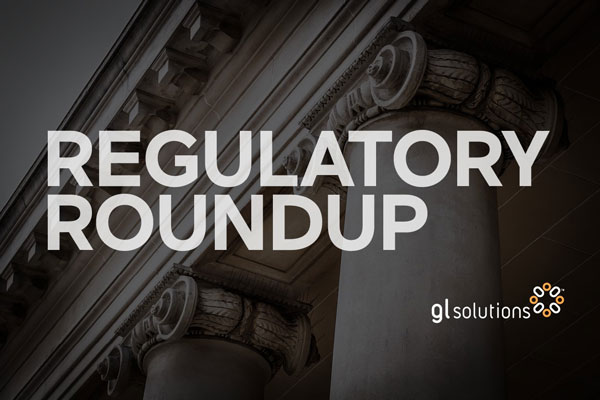StateRAMP Introduces CJIS-Aligned Overlay
StateRAMP announced their StateRAMP CJIS-Aligned Overlay, an approach to simplifying conformance with the Criminal Justice Information System (CJIS) security requirements. According to StateRAMP on January 29, “this overlay provides clear, actionable steps to align CJIS Policy 5.9.5 with the StateRAMP Moderate Impact Level baseline controls.” The overlay simplifies CJIS conformance for service providers in several ways, including: streamlining the assessment process, providing clear direction and facilitating informed decision-making.
Note: GL Solutions interviewed StateRAMP Executive Director Leah McGrath in December about StateRAMP’s adoption of the StateRAMP CJIS-Aligned overlay. She explained why StateRAMP chose to pursue this and how the change benefits your regulatory agency.
States Leverage AI While Mitigating Hazards
Pew on January 15, examines the topic of harnessing artificial intelligence—one article in a series on key debates to unfold in the nation’s statehouses. The article notes that as states move from studying to employing GenAI, they more clearly see both the benefits and risks—along with the budget implications. Amanda Crawford, who serves as the CIO of Texas tells Pew, “Now we have to decide: How are we going to make this relationship work? Have we set up the appropriate boundaries and guardrails? And we also realize that maybe we need to work on ourselves a little bit—cleaning up our own practices, whether it’s our data, or our governance, or guardrails.”
Four Principles for Licensing Board Reform
The Alliance for Responsible Professional Licensing (ARPL) released a white paper on licensing board reform. Boards that Work: A Guide to Responsible Licensing Board Reform outlines four principles for successful board reform. Principle one focuses on prioritizing subject matter expertise. ARPL explains: While many boards include both professionals and public members, board expertise must never be diluted through board composition bills that reduce the number of professionals serving on boards to a minority of board seats.
Time to Modernize
GL Solutions helps your regulatory agency run, grow and adapt through modern software and automation that helps solve your agency’s greatest challenges. To learn more, contact us.
To receive the latest regulatory news delivered to your inbox each week, subscribe to our newsletter.

